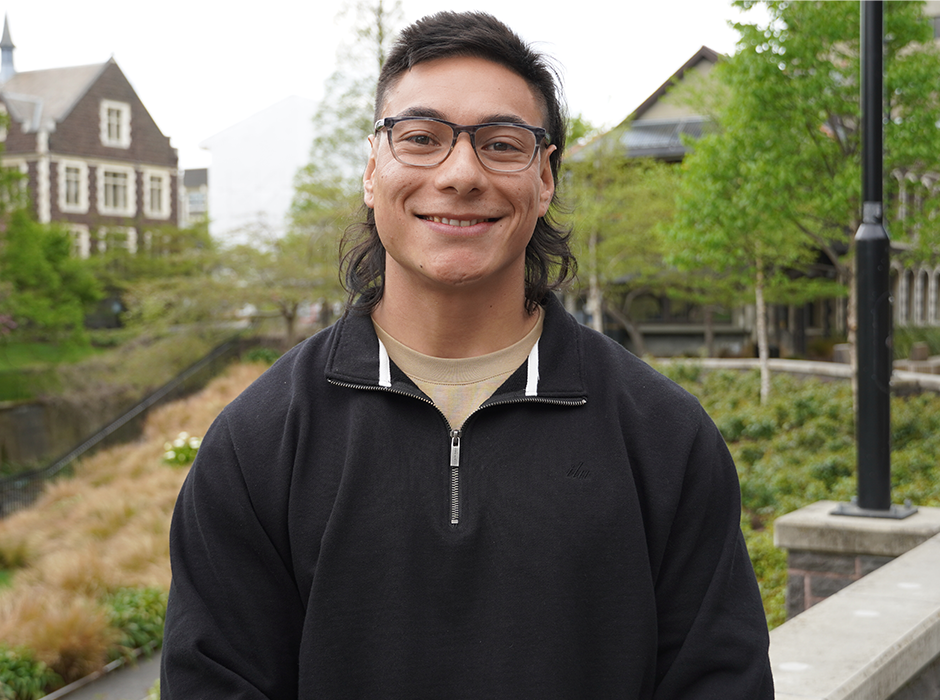
Dr Ruhe hopes his trajectory will encourage other budding researchers to consider research as a career path.
Dr Troy Ruhe was collecting taro leaves for family dinner in the Cook Islands when he received the news he was the first recipient of the Tofā Sāili Pacific Early Career Award.
The self-proclaimed “lifetime learner” says hearing about this acknowledgement while collecting food back in Rarotonga was very meaningful and symbolic of his journey to becoming a researcher.
“It was through this process that made me who I am as a researcher. It was knowing the environment we are in conceptually and physically and doing things to sustain us.”
His research investigates the methodology of Pacific health research, including the shape this should take to achieve equitable health outcomes for Pacific communities like his own.
“I’m investigating whether the health-related data that researchers collect actually consider Pacific voices and whether it makes a genuine difference in their health,” he says.
Dr Ruhe hopes his trajectory will encourage other budding researchers to consider research as a career path.
“We have little amounts of people who are doing this kind of research to make change. If we had huge fleets doing this all the time, the amount of change we could make could be massive.
“If you have a mind for enquiry, it’s the best job to go into.”
Seeing tangible outcomes resulting from his research has been a rewarding aspect of his job, as he found with his undergraduate research on Pacific falls prevention that led to the inclusion of additional strength and balance exercises in a Pacific elderly exercise program.
Dr Ruhe says strengthening the succession plan for future researchers is extremely important.
“We’re going to have a changing of guard soon. We want to make sure that when that happens, we do it with momentum,” he says.
He himself is a young, Pacific Māori man and believes that people don’t have to look a certain way or be a certain kind of person to do research, they just need the passion to drive themselves forward.
For him this passion is genuinely improving the health of Pacific peoples and he is thankful for the support of those who are helping him get there.
For others their passion might be something different and so Dr Ruhe encourages students at every level to continually be curious and stoke the fires of those passions.
With youth and energy on his side, Dr Ruhe says he looks forward to developing the next generation of Pacific researchers.
“Ideally, the future of health research looks like people defining health on their own terms. It looks like people doing work with their own communities to restore how it is that they want to be living, and having the measures for those communities to say ‘this is what health looks like for us’.”